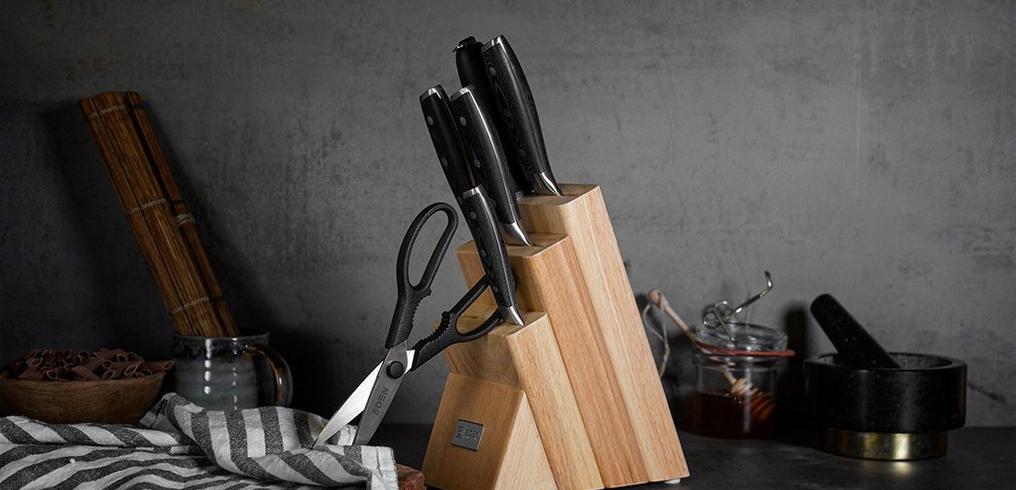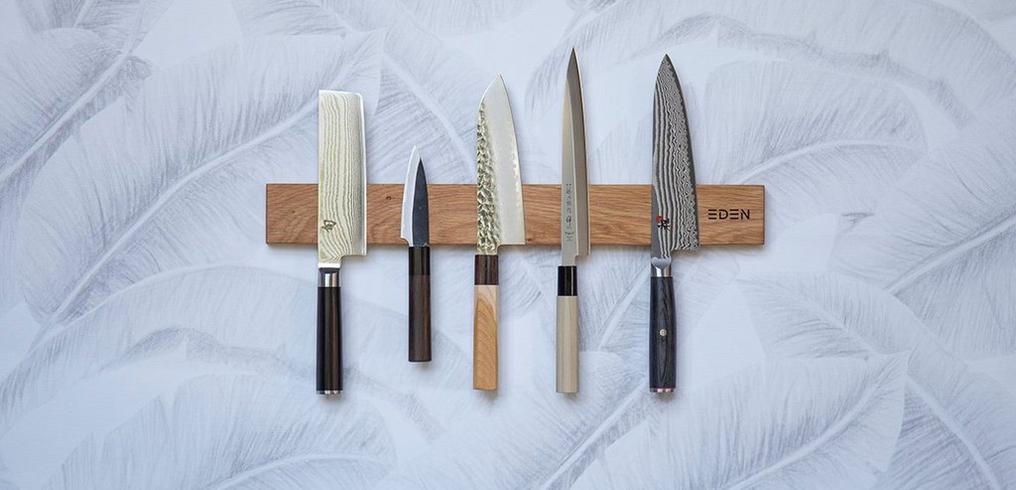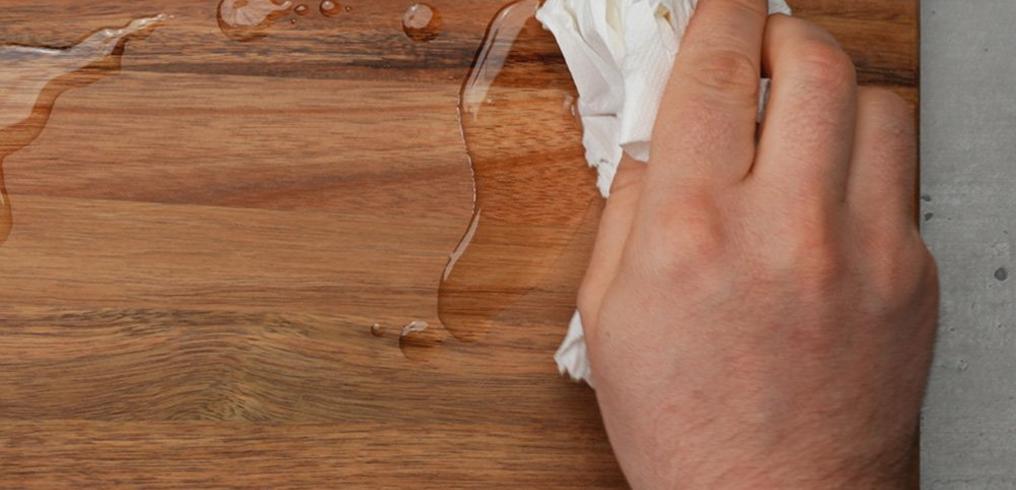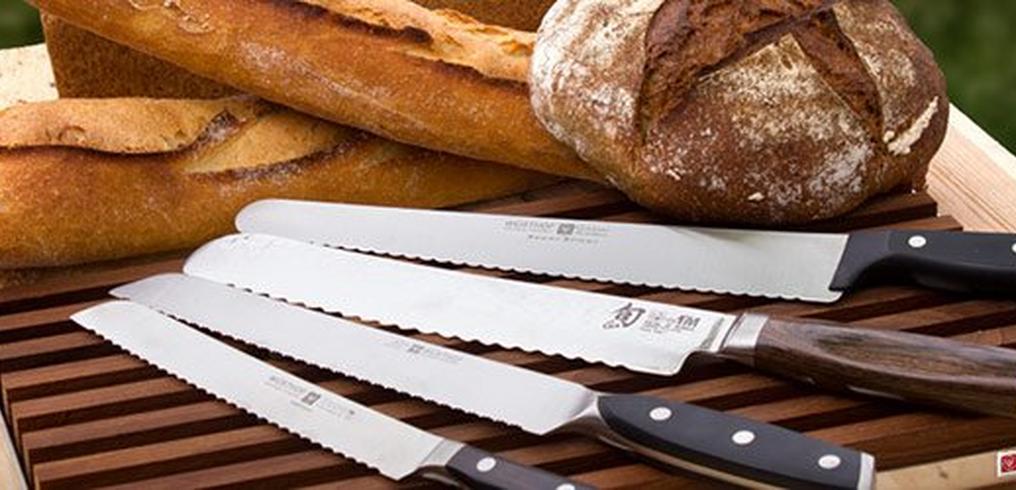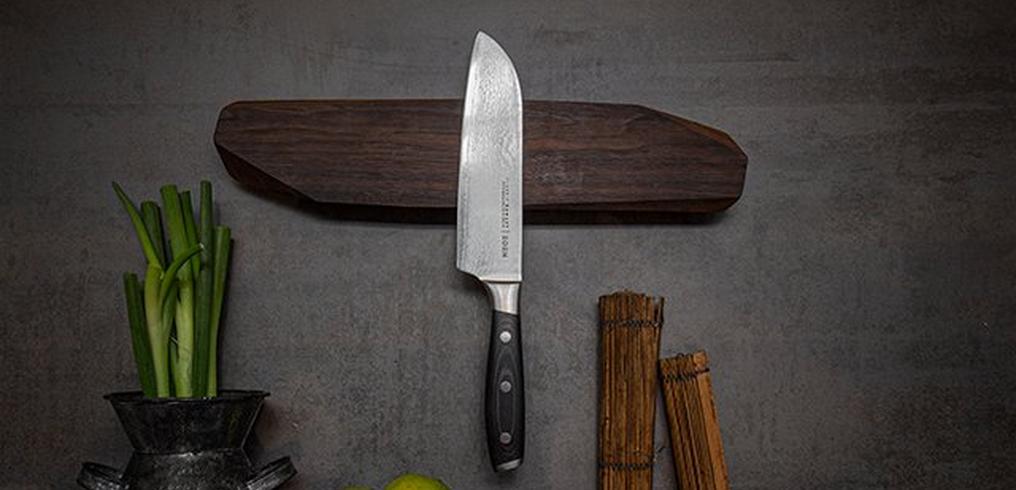Buying guide vegetable knives: which vegetable knife do I need?
Most people only own one small knife to cut and peel vegetables. We cut and peel carrots and all other vegetables with the same knife. And yet that is not something we recommend, and it isn't always easy to get through all ingredients with just one knife. That is why we recommend using a nakiri for lettuce, cabbage and hard fruits and vegetables. And the smaller, colourful peeling knife for only the smaller peeling tasks.
Nakiri: Japanese vegetable knife
A Nakiri is a traditional Japanese vegetable knife. You can recognize a Nakiri by its rectangular blade. The tip of the knife is slightly rounded to make sure you can also quickly cut vegetables at an angle. But its most important feature is its thin edge. With it you can chop an onion, for example, much finer than with any other kitchen knife. The perfect knife when cutting vegetables and finely chopping herbs.
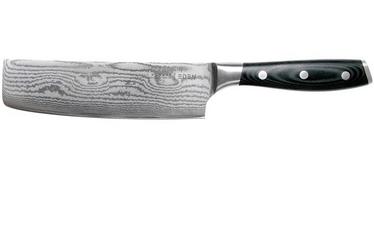
Turning knife: for the finer tasks
A turning knife is a smaller kitchen knife with a curved blade. Thanks to its shape, peeling and shaping round products such as potatoes, apples or courgette will be a piece of cake. Turning is a cutting technique. The word comes from the French word 'tourner' which means to turn. This technique is mostly used to give pieces of a product the same shape. For a nice presentation, for instance, or even cooking.
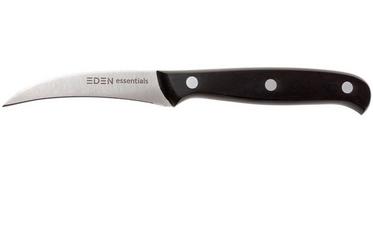
Tomato knife: to cut through the hard skin of a tomato
A tomato knife is a small, serrated knife. The blade is serrated to easily cut through the hard skin of a tomato without having to apply too much pressure. As such, you never damage the tomato. You use the 'fork' at the end to remove the seeds.
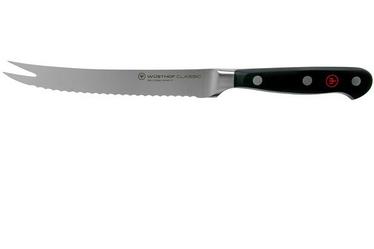
Peeling knife: indispensable in any kitchen
Each kitchen contains multiple of these: coloured peeling knives. A small, sharp blade and a handle made from plastic or silicone. You use the peeling knife to peel vegetables and fruit. Obvious!
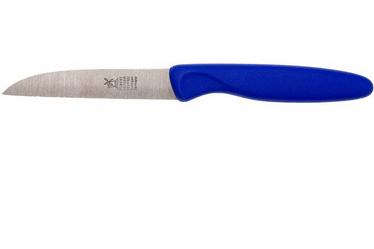
Paring knife: when a chef's knife is too big
The paring knife looks a lot like the chef's knife. It is, however, smaller. With a paring knife you carry out different smaller peeling and cutting jobs. You can peel vegetables and fruit, garnish and, for instance, cut an apple into pieces. From finer carving tasks to light peeling jobs, the paring knife can be used anywhere.
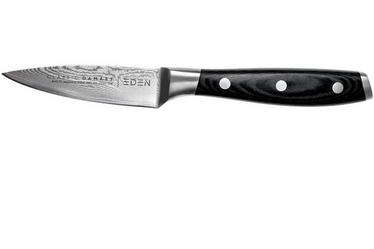
Peeler: to remove the skin
With a peeler you can easily remove the skin from potatoes and vegetables but also fruit such as kiwis and pumpkins. Because of the narrow opening the skin is removed in thin slices. Most peelers have a flexible blade that adapts to the shape of the product. With the sharpened tip or eye you can easily remove potato eyes.
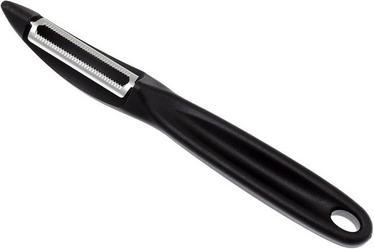
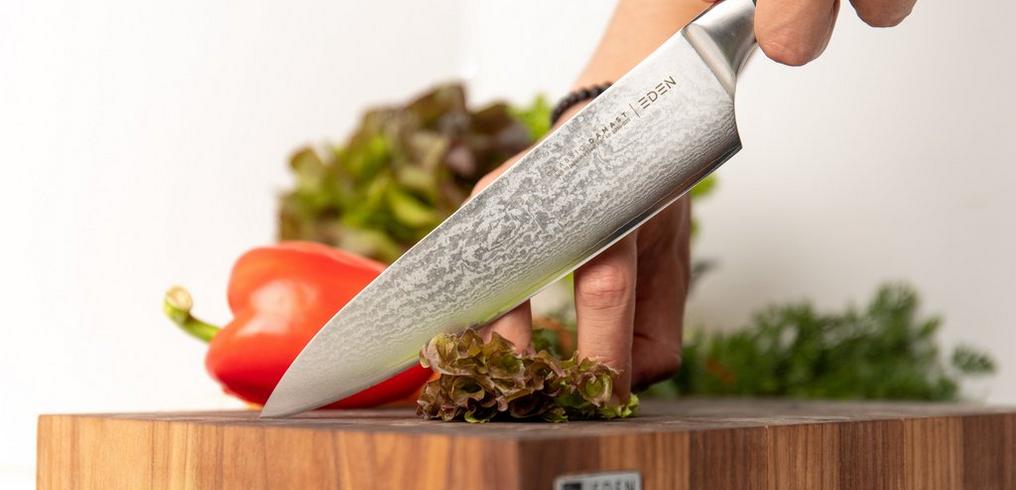
?%24center=center&%24poi=poi&%24product-image%24=&fmt=auto&h=490&poi=%7B%24this.metadata.pointOfInterest.x%7D%2C%7B%24this.metadata.pointOfInterest.y%7D%2C%7B%24this.metadata.pointOfInterest.w%7D%2C%7B%24this.metadata.pointOfInterest.h%7D&scaleFit=%7B%28%24this.metadata.pointOfInterest%29%3F%24poi%3A%24center%7D&sm=c&w=1016)
